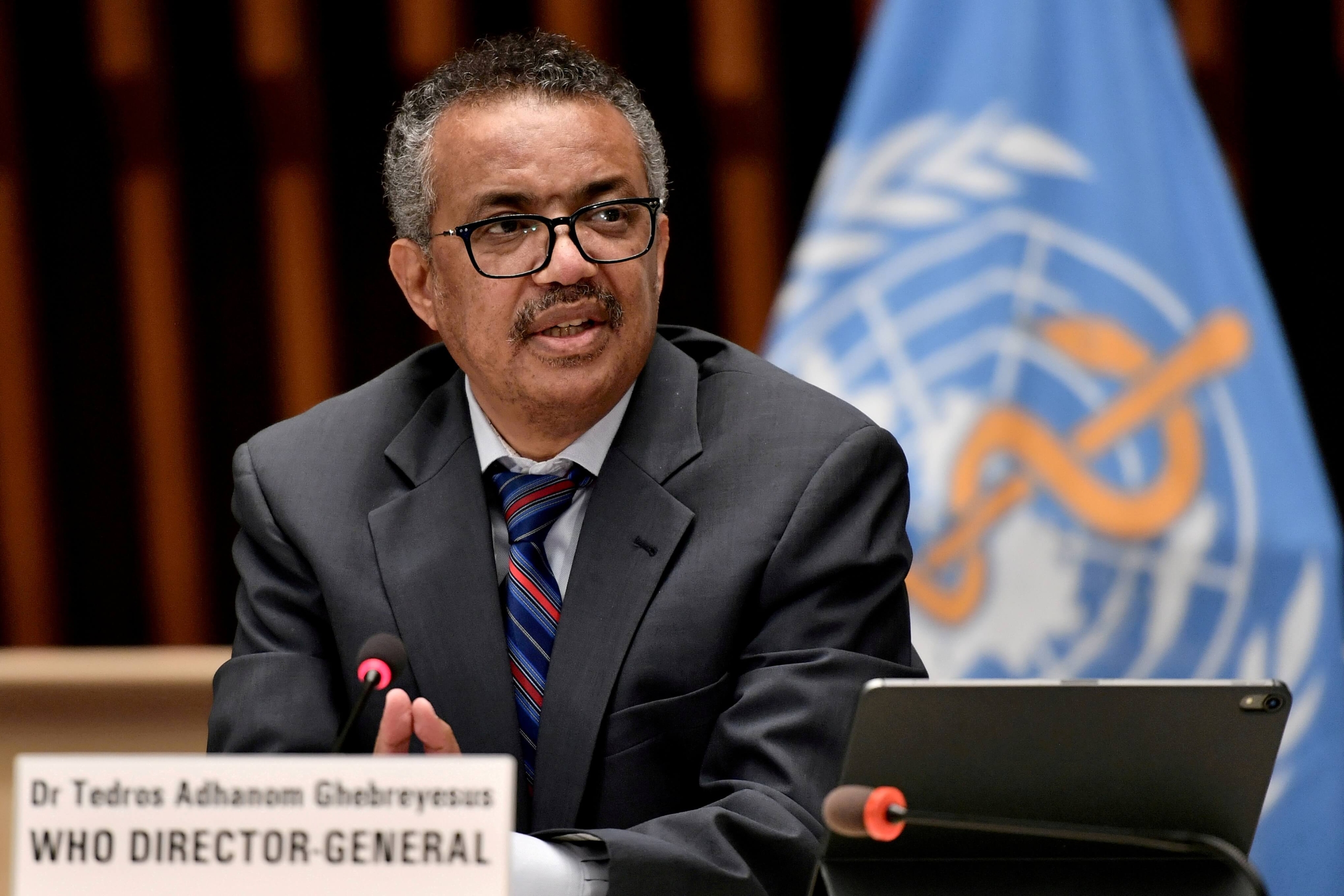The World Health Organization (WHO) has authorized Gavi, the Vaccine Alliance, and UNICEF to initiate the procurement of vaccines aimed at preventing outbreaks, particularly those of Monkeypox (mpox), pending the Emergency Use Listing (EUL) decision.
WHO Director-General, Dr. Tedros Adhanom Ghebreyesus, announced this directive in a statement on Wednesday, emphasizing the urgency of proactive measures against the spread of mpox.
“In the meantime, I have given the green light to Gavi and UNICEF to proceed with procurement of vaccines, pending the EUL decision,” Dr. Ghebreyesus stated. “It’s vital to stress that although vaccines are a powerful tool, they are by no means the only tool. There are many other initiatives that WHO, the Africa CDC, and our partners are undertaking to stop outbreaks and save lives.”
For years, WHO has been assisting African countries in managing sporadic mpox outbreaks. Dr. Ghebreyesus highlighted WHO’s long-standing advocacy for increased research and the development of diagnostics, therapeutics, and vaccines for mpox.
“We are now seeing the international community’s attention being drawn to this issue,” he remarked. “Two weeks ago, I convened an emergency committee under the International Health Regulations and, following their advice, declared a public health emergency of international concern over the mpox outbreaks in Africa.”
This declaration represents the highest level of alert under international health law.
Dr. Ghebreyesus also noted the close collaboration between WHO and the African Centres for Disease Control and Prevention (Africa CDC), led by its Director-General, Dr. Jean Kaseya. Both organizations are working together to leverage their strengths and coordinate efforts under a unified plan and budget.
Reflecting on the origins of the Africa CDC, Dr. Ghebreyesus shared, “I am proud to say that I proposed the idea of establishing the Africa CDC at the Abuja African Union Summit in July 2013, when I was Minister of Foreign Affairs of Ethiopia. It’s gratifying to see how the Africa CDC has grown and is now co-leading the response to mpox with WHO. Credit goes to all Member States of the African Union for establishing the Africa CDC.”
On August 23, WHO released its global Strategic Preparedness and Response Plan, which aims to stop human-to-human transmission of mpox and bring current outbreaks under control. Dr. Ghebreyesus expressed confidence that the global community can stop mpox if governments work together under unified leadership.
“We received the necessary information from vaccine manufacturers on August 23 to evaluate their products for Emergency Use Listing,” he added. “We expect to issue that listing within the next three weeks.”
WHO is also supporting the response by providing PCR machines and kits, bolstering laboratory capacities, and scaling up the workforce. This includes training health workers, supporting clinicians, and collaborating with local partners and civil society. WHO is actively engaging with affected communities to ensure that interventions are well-designed, implemented effectively, and evaluated thoroughly.
“The mpox outbreak is a stark reminder, if any were needed, of the critical necessity for a legally binding international agreement to ensure a coordinated and equitable response to pandemics,” Dr. Ghebreyesus concluded.




